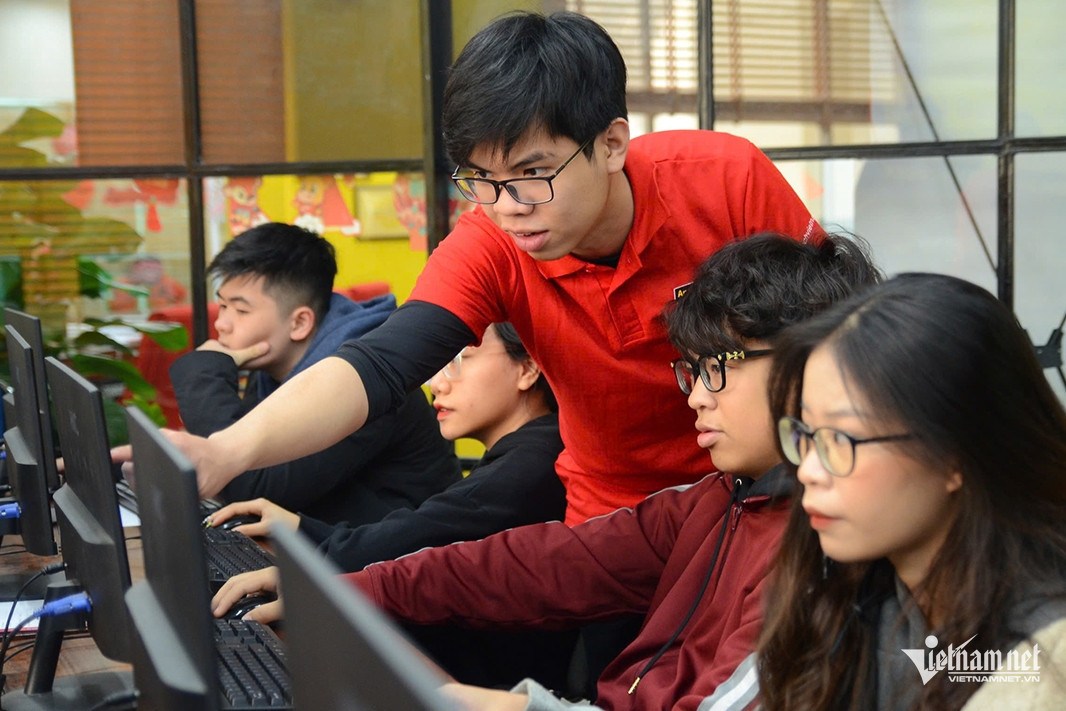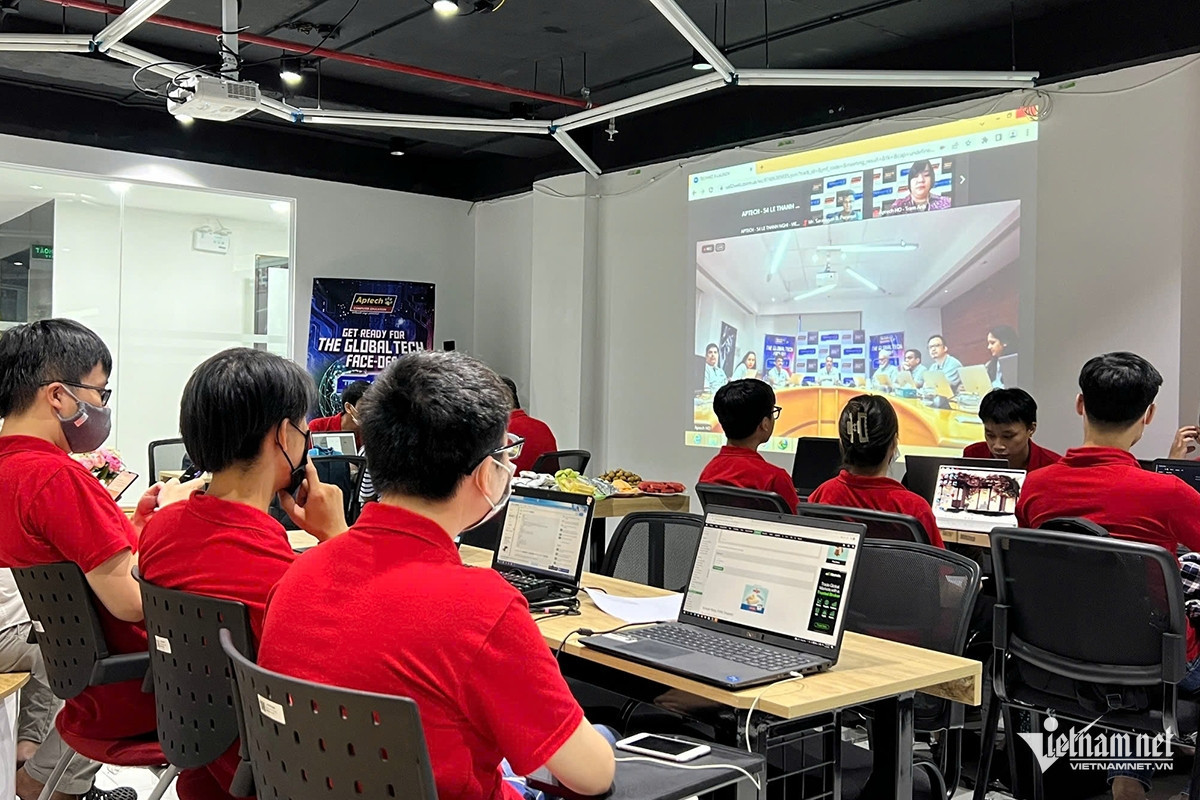
A programmer with no prior experience in game development used artificial intelligence to create Fly Pieter, a game that now generates $50,000 per month.
This has sparked widespread discussion on whether AI can truly transform the gaming industry and open up new opportunities for aspiring developers.
Speaking to VietNamNet, Chu Tuan Anh, Director of Aptech International Programmer Training System, confirmed that making money from AI-generated games is not just hype but a real possibility.
However, replicating the success of Fly Pieter is far from easy. He emphasized that success in this field depends on the right combination of timing, social influence, and strategic execution.
The "right timing" refers to the explosion of AI technology, which has fueled public curiosity and excitement. The fact that someone with no prior game development experience could produce a marketable game using AI creates a powerful impression.
"Social influence" plays a crucial role, as Fly Pieter went viral on social media, attracting a large player base. Finally, "strategic execution" involves the attention of key figures in the tech world, who helped propel the game into the spotlight.
Despite the advantages AI offers, fully automating game creation remains challenging. The developer behind Fly Pieter may not have had prior experience in game development, but they were already a skilled programmer with a solid understanding of AI tools.
“AI accelerates development, but creativity, fine-tuning, and game polish still require human input. The idea that AI can completely replace human game developers is a misconception,” Chu Tuan Anh explained.

AI has significantly impacted the gaming industry, primarily by reducing development time. Tasks that previously took months to complete can now be finished in hours, allowing developers to focus more on content creation rather than just coding.
Artificial intelligence is also inspiring individuals without a programming background to explore game development. However, this accessibility comes with increased competition. With AI making game creation easier, the market is becoming saturated, forcing developers to prioritize quality over quantity.
Concerns about AI replacing game developers are partially valid, but Chu Tuan Anh believes AI will serve as an assistant rather than a replacement. AI can handle repetitive coding tasks, but human creativity is still essential for storytelling, character design, graphics, and audio development.
Vietnam's game programming education remains underdeveloped, with most institutions yet to integrate AI into their curricula. However, some organizations are now offering international-standard training, including courses on "Prompt Engineering" to help students maximize AI’s potential.
As global gaming audiences expand, developed countries are experiencing a decline in skilled game developers, increasing the demand for talent in this field. Game development and outsourcing are promising industries that could generate significant foreign revenue and contribute to Vietnam's digital economy.
With a young, tech-savvy workforce and increasing AI adoption, Vietnam has a unique opportunity to establish itself as a key player in the gaming industry.
Trong Dat